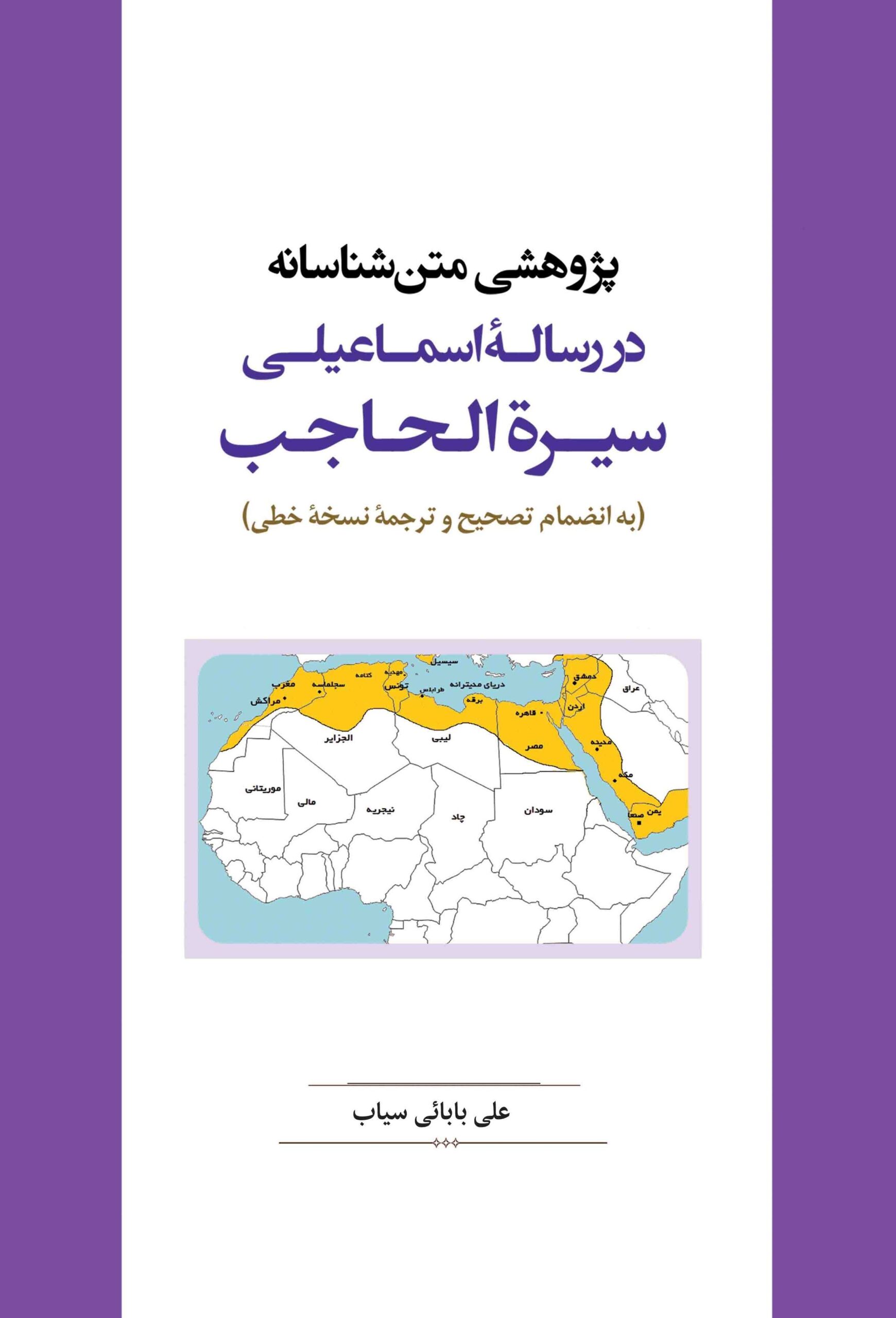The historical treatise entitled Sīrat al-ḥājib is among the many manuscript sources published by Wladimir Ivanow. Authored by Muḥammad b. Muḥammad al-Yamānī at the request of the fifth Fatimid Imam-caliph al-ʿAzīz bi’llāh (r. 365–386/975–996), this work chronicles the life and journeys of ʿAbd Allāh al-Mahdī, the founder of the Fatimid state, and covers the period from 286/899, when he openly declared the Ismaili imamate, until 297/909, the establishment of the Fatimid state in North Africa. The historical details contained in this treatise are derived from the accounts of Jaʿfar b. ʿAlī, a close confidant of ʿAbd Allāh al-Mahdī. Our understanding of Jaʿfar is predominantly confined to the details in the Sīra itself. Nevertheless, the historical existence of Jaʿfar b. ʿAlī is corroborated in the writings of later non-Ismaili historians such as al-Nuwayrī and al-Maqrīzī. The treatise holds particular historical significance due to Jaʿfar b. ʿAlī’s eyewitness accounts of the events between 286/899 and 297/909, when he was with ʿAbd Allāh al-Mahdī. The manuscript that forms the basis of this study was transcribed in 1349/1931 by Ṭāhir Sayf al-Dīn, the dāʿīLit. ‘summoner,’ a term for missionary amongst various Muslim communities, especially used among the Ismailis before and during the Fatimid period as well as in the Alamut period of Ismaili… muṭlaq of the Ṭayyibī BohraIndian community of Mustaʿli Ismailis, now found primarily in the Indo-Pakistan subcontinent, Yemen, Egypt and other parts of the world. community in India. The editor, Ali Babaei Siab, outlines three objectives in this edition: 1. to establish an accurate manuscript tradition, 2. to analyse the historical narratives for credibility, and 3. to provide a new Persian translation based on a critical edition. The editor concludes that the treatise is not an autobiography but a religious and political biography of ʿAbd Allāh al-Mahdī, and offers significant historiographical value.

